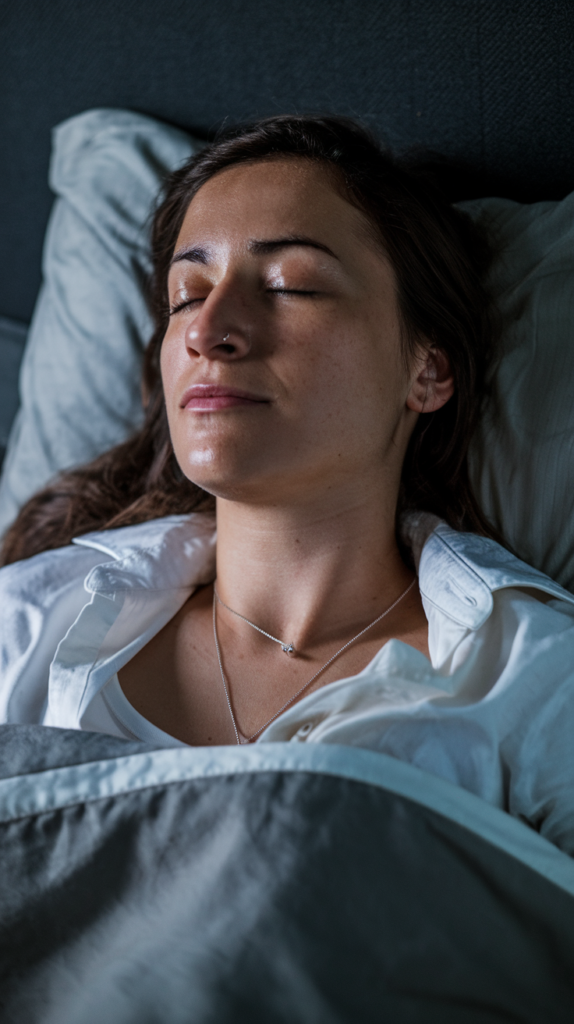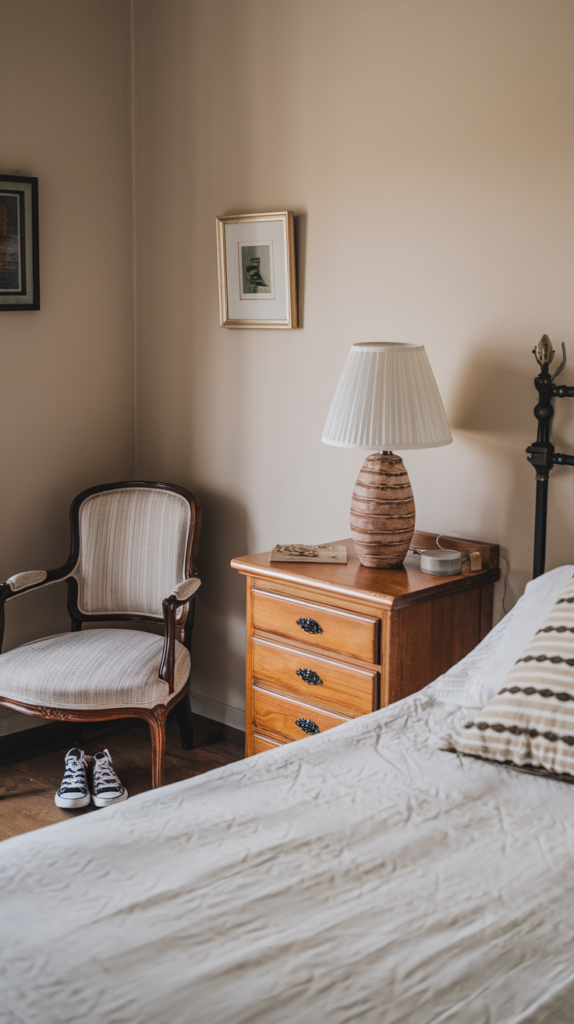13 Pre-Bed Rituals That Actually Work (And 5 That Don’t)
Establishing a pre-bed routine can significantly impact the quality of your sleep and overall well-being. With various activities to choose from, understanding which pre-bed rituals are beneficial and which may not yield the desired results is crucial. Here, we explore 13 effective pre-bed rituals and highlight 5 practices that might not be worth your time.
1. Pre-Bed Meditation
Meditation is one of the most effective pre-bed rituals. Spending just 10-15 minutes in mindfulness can lower stress levels, calm the mind, and prepare your body for restful sleep. Research indicates that meditation can enhance sleep quality, making it easier to drift off.
Benefits:
- Reduces anxiety
- Promotes relaxation
- Improves sleep quality
2. Pre-Bed Yoga
Engaging in pre-bed yoga can help relax both the body and mind. Gentle stretches and poses, such as Child’s Pose and Legs-Up-the-Wall, are excellent choices. They not only promote flexibility but also signal to your body that it’s time to wind down.
Recommended Poses:
| Pose | Benefits |
|---|---|
| Child’s Pose | Relaxes the back and hips |
| Legs-Up-the-Wall | Reduces swelling and fatigue |
| Seated Forward Bend | Calms the mind and stretches the spine |
3. Pre-Bed Snacks
Choosing the right pre-bed snacks can promote better sleep. Foods rich in magnesium and tryptophan, such as bananas, almonds, or yogurt, can help induce sleepiness.
Best Options:
| Snack | Nutritional Benefits |
|---|---|
| Almonds | Rich in magnesium |
| Greek Yogurt | High in protein and calcium |
| Banana | Contains potassium and tryptophan |
4. Pre-Bed Affirmations
Practicing pre-bed affirmations can positively influence your mindset. Taking a moment to recite affirmations can boost self-esteem and decrease negative thoughts, helping you to relax.
Examples:
- “I am at peace.”
- “Tomorrow is a new day full of possibilities.”
- “I release the stress of today.”
5. Pre-Bed Skincare Routine
A dedicated pre-bed skincare routine not only promotes healthy skin but also serves as a self-care ritual that can be very soothing. Taking time to cleanse, moisturize, and treat your skin can signal your body that it’s time to unwind.
Steps:
- Remove makeup
- Cleanse
- Apply serum
- Moisturize
6. Pre-Bed Reading
Reading can be a wonderful way to relax before sleep. Choosing a book that isn’t overly stimulating can help shift your mind away from the stresses of the day. Opt for physical books instead of screens to avoid blue light exposure.
Recommended Genres:
- Fiction
- Poetry
- Self-help
7. Pre-Bed Stretching
Incorporating pre-bed stretches into your routine can help relieve tension in your muscles and improve circulation. Simple stretches can lead to a more restful sleep by reducing physical discomfort.
Simple Stretches:
| Stretch | Target Area |
|---|---|
| Neck Roll | Neck and shoulders |
| Cat-Cow Stretch | Spine and back |
| Forward Bend | Hamstrings and lower back |
8. Pre-Bed Workout
While intense workouts close to bedtime may disrupt sleep, a light pre-bed workout like stretching or yoga can be beneficial. Engaging in low-intensity movements helps ease muscle tension and prepares your body for sleep.
Suggested Activities:
- Light yoga
- Stretching exercises
- Short walks
9. Pre-Bed Journaling
Journaling before bed can be a powerful tool for processing your thoughts and emotions. Writing down your thoughts can help clear your mind and reduce anxiety, paving the way for a more peaceful night’s sleep.
Types of Journals:
- Gratitude journal
- Reflective journal
- Goal-setting journal
10. Pre-Bed Aromatherapy
Using essential oils can enhance your pre-bed routine. Scents like lavender, chamomile, and sandalwood are known for their calming properties. Diffusing these scents can create a serene atmosphere conducive to sleep.
Popular Essential Oils:
| Oil | Benefits |
|---|---|
| Lavender | Reduces anxiety and stress |
| Chamomile | Promotes relaxation |
| Sandalwood | Calms the mind |
11. Pre-Bed Technology Cut-off
Setting a pre-bed technology cut-off is essential for reducing blue light exposure. Turning off devices at least an hour before sleep can help your body produce melatonin, the hormone that regulates sleep.
Recommendations:
- Set a specific time for device shut-off
- Engage in non-screen activities instead
12. Pre-Bed Hydration
Staying hydrated is crucial, but it’s essential to manage fluid intake close to bedtime. Opt for a small glass of water or herbal tea to avoid waking up in the middle of the night to use the restroom.
Best Drinks:
| Drink | Benefits |
|---|---|
| Herbal tea (e.g., chamomile) | Promotes relaxation |
| Warm water | Hydrates without excess |
13. Pre-Bed Relaxation Techniques
Engaging in relaxation techniques such as deep breathing or progressive muscle relaxation can significantly enhance your ability to fall asleep. These techniques help lower heart rate and calm the nervous system.
Techniques:
- Deep breathing exercises
- Progressive muscle relaxation
- Visualization practices
5 Pre-Bed Rituals That Don’t Work
While many practices can aid sleep, some rituals might not be effective or could even hinder your pre-bed routine.
1. Intense Workouts Before Bed
While light exercise can be beneficial, intense workouts can elevate heart rate and adrenaline levels, making it difficult to wind down. Avoid high-intensity workouts close to bedtime.
2. Caffeine Consumption
Consuming caffeine in the hours leading up to bedtime is a surefire way to disrupt your sleep cycle. Caffeine can remain in your system for several hours, affecting your ability to fall asleep.
3. Heavy Meals Close to Bedtime
Eating large or heavy meals right before bed can lead to discomfort and indigestion. It’s best to finish eating at least two to three hours before sleeping to allow for digestion.
4. Screen Time Before Sleep
While some might find scrolling through social media relaxing, exposure to blue light can interfere with melatonin production and disrupt your sleep cycle.
5. Overthinking or Stressing About Tomorrow
Lying in bed worrying about the next day can create anxiety and make it hard to fall asleep. Instead, try journaling your thoughts or practicing mindfulness to mitigate stress.



